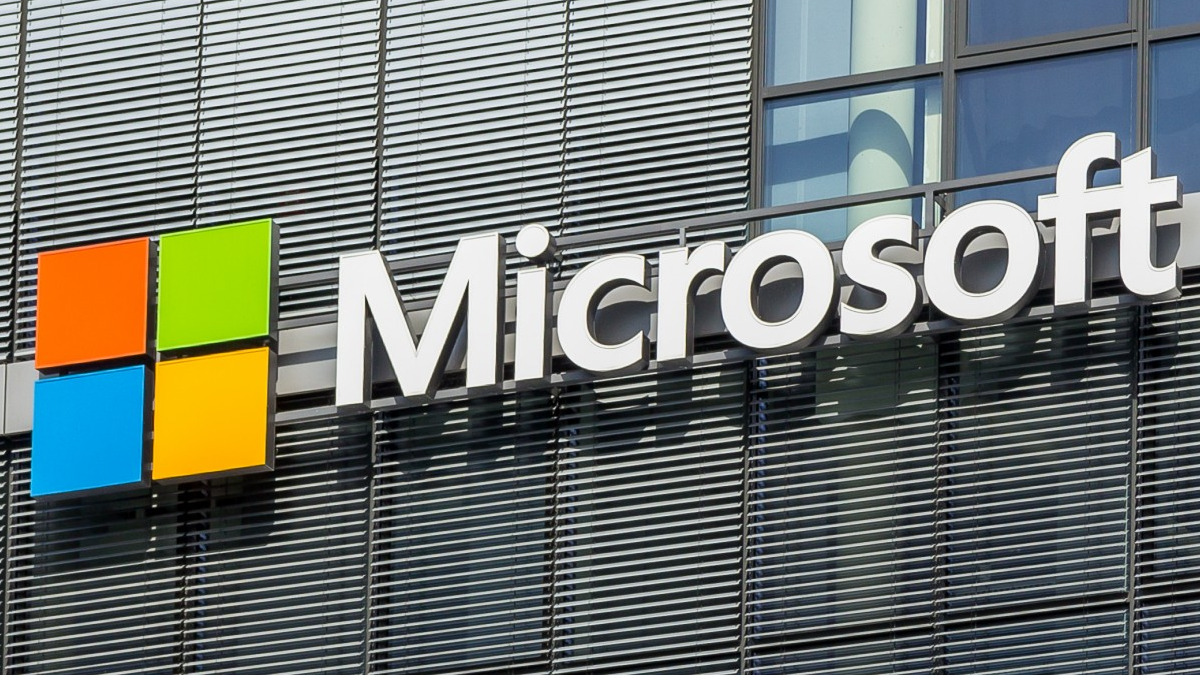Hello Great Mothers!

Motherhood is a journey filled with moments of joy, but it can also feel lonely, challenging, demanding, and exhausting, especially when faced alone. It’s truly a journey best undertaken with support.
The guidance and relationships developed from connecting with other mothers—both experienced and new—can make the experience far more fulfilling and less overwhelming.
In the past, mothers without a trusted friend or family member nearby often had to figure things out independently or rely heavily on caregivers for advice and information about their well-being or that of their child.
This often meant frequent visits to healthcare facilities or waiting to make phone calls to get answers, which could feel exhausting. Fortunately, with the advent of social media, this has changed, bringing much-needed support and information right to our fingertips.
In the previous article, we explored how social media has both positively and negatively impacted motherhood.
Here, we’ll focus on the positive impacts of social media on modern motherhood.
Easy Access to Information and Resources:
Today’s mothers have access to a great wealth of information and resources, thanks to social media. Platforms like YouTube, Instagram, and parenting blogs provide real-time advice, expert connections, and practical insights on a wide range of topics—from parenting techniques and nutrition tips for pregnant women to recipes and activities for toddlers.
Social media provides almost instant access to information relevant to every stage of motherhood, often at little or no cost.
This easy access empowers mothers to make informed decisions regarding childcare, health, safety, and education, giving them confidence in their choices and supporting them in their journey.
Do you think all information available on social media is suitable for mothers to follow? Do you fully agree, partially agree, or disagree? Share your thoughts below!
We don’t need to be perfect mothers to raise our children, but with God’s guidance, genuine love, patience, and understanding, we can nurture children who will positively impact the world.
Bye!






































































